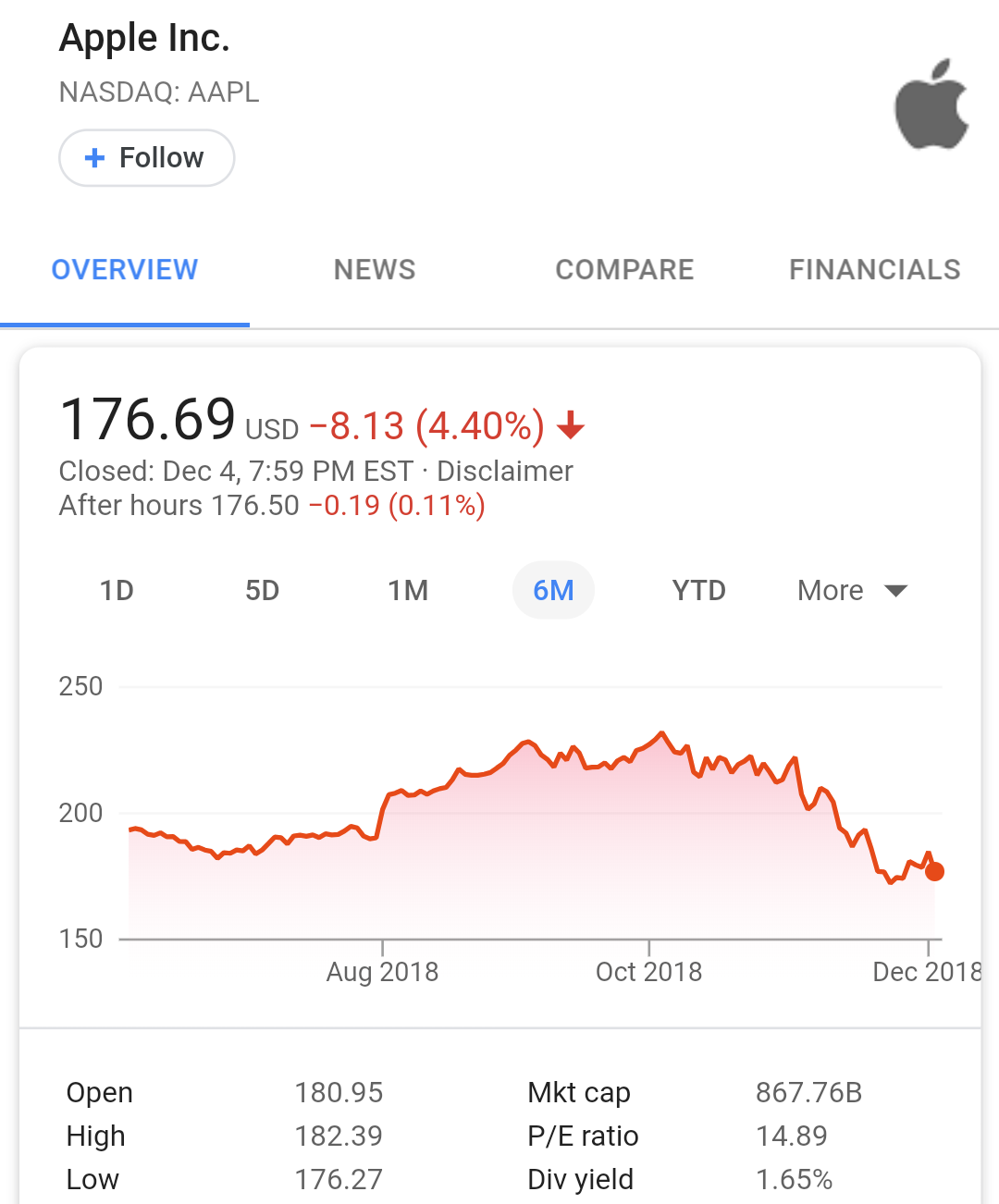- Joined
- Mar 3, 2018
- Messages
- 1,713
Citing a report from the Chinese-language Commercial Times, Digitimes claims that TSMC's 7nm capacity is "unlikely to be fully utilized in 2019". The report cites recent cutbacks in orders from Apple, HiSilicon and Qualcomm, which means those companies could foresee a slump in the smartphone and mobile market. Globalfoundries recently dropped out of the bleeding edge lithography race, and some worried that TSMC's manufacturing capacity might be stretched a little thin as a consequence, but it looks like demand for 7nm wasn't as high as they feared.
TSMC disclosed previously the company is set to tape out more than 50 chip designs with its 7nm process technology by the end of 2018 and over 100 chip designs with both its 7nm and enhanced 7nm with EUV nodes by the end of 2019. TSMC expects 7nm chip sales to account for more than 20% of its total wafer revenues in the fourth quarter of 2018, and nearly 10% in all of the year. The proportion will likely exceed 20% in 2019.
TSMC disclosed previously the company is set to tape out more than 50 chip designs with its 7nm process technology by the end of 2018 and over 100 chip designs with both its 7nm and enhanced 7nm with EUV nodes by the end of 2019. TSMC expects 7nm chip sales to account for more than 20% of its total wafer revenues in the fourth quarter of 2018, and nearly 10% in all of the year. The proportion will likely exceed 20% in 2019.
![[H]ard|Forum](/styles/hardforum/xenforo/logo_dark.png)
